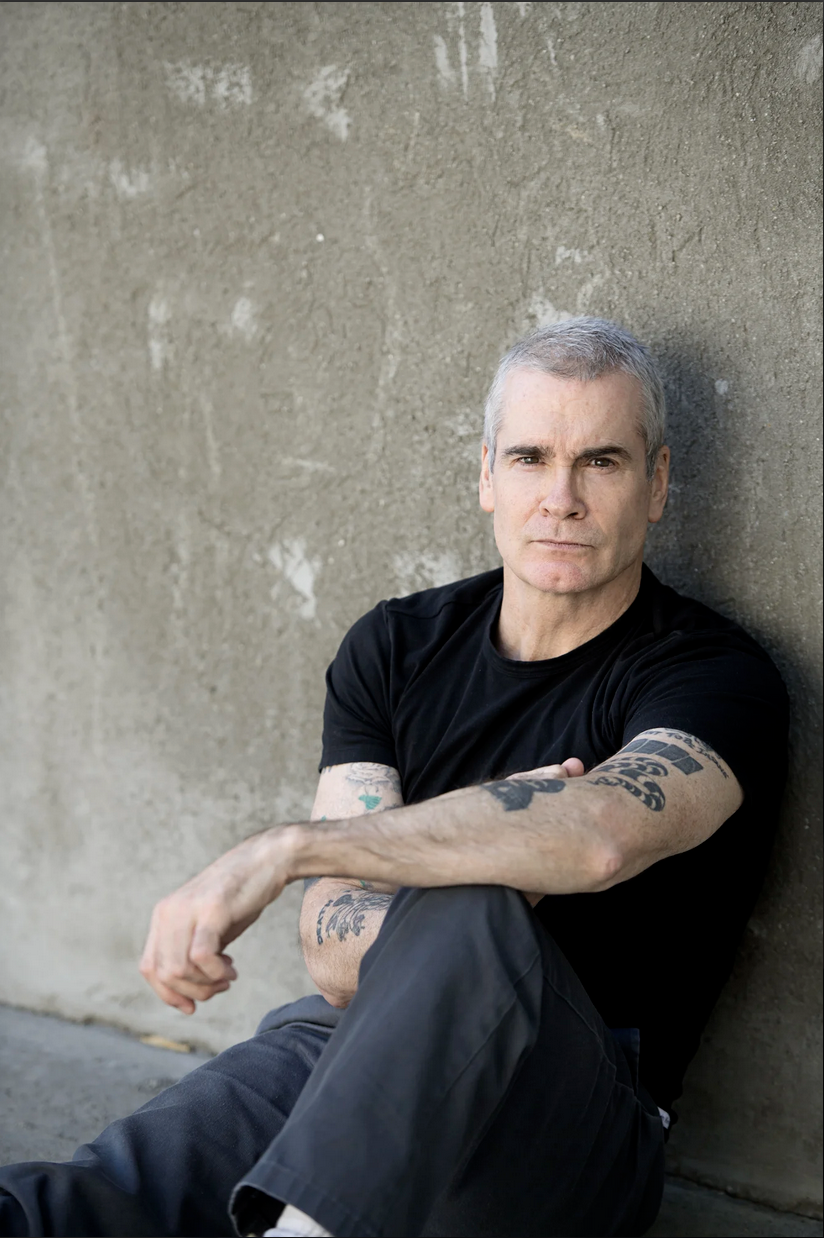Holidays from both study and work leave me with spare neurons to devote to idle reflection. I decided to read extensively on media ecology and economics over my semester break in preparation for my Masters' thesis as well as work on my General Semantics studies.
Chatting to an acquaintance of mine (whom I hope to get to know better!) we settled that, amongst a great many other things, one aspect of commonality we shared was we "didn't understand humans properly" despite our chosen professions of reporting on what they do and why.
Therefore, I will embark on an ongoing project entitled the Human Equation project, the title inspired in part by Arjen Lucassen's Ayreon record of the same name and the motto of the American Psychological Association; "man is the sum of his parts." It is my contention that our society has willfully disconnected us from one another; we work longer and spend more money and time alone, purposefully separate ourselves and hole ourselves off from the world using a myriad of digital distractions. These will comprise three initial experiments.
1. The Ellis Experiment
As regular readers may know, Albert Ellis, Ph.D was the father of Rational Emotive Therapy, a widely successful cognitive behavioral therapy. By applying rational, empirical thinking to every day situations he found that people could live happier, calmer and neurosis free.
One of his earlier experiments involved talking to members of the opposite sex since he had an exaggerated fear of speaking in public during his adolescence. At age 19, he forced himself to himself to talk to 100 women in the Bronx Botanical Gardens over a period of a month. Although "he didn't get a date, he reported that he desensitized himself to his fear of rejection by women." I, along with several others will attempt this experiment on a smaller scale to reconnect with people in a meaningful way.
2. The Postman Experiment
Media ecologist Neil Postman was both in awe of and skeptical of technology - especially media technology. While many of us take it for granted he contended that media was a Faustian bargain. It both giveth and it taketh away. It takes our sense of community, ties to the real and tangible and forces us to spend time away from others. In his book Technopoly, he sets an assignment for his students - they must forsake their use of all media technologies for 48 hours. If they broke their media "fast" they were forced to start again from scratch. Set in the mid-90s before the advent of cheap and easily accessible hand-held devices with access to the internet, it will seem that media is unavoidable by design in 2010. Therefore me and my fellow experimenters will attempt 24 hours and record our experiences.
3. The Rushkoff Experiment
I think this one will prove the most challenging. This will be an attempt to re-create tangible value amongst the community by exchanging goods and services in real terms with other people. Instead of buying from corporations, I will try to buy locally and trade with neighbors and others using a modified principle of "comparative advantage" - what I can do well in exchange for something else another can do well that I cannot. In his Life, Inc. he argues that corporations have abstracted wealth from local institutions and people and clustered it towards a center, far removed from everyday life. If we can use the abundance in front of us instead of from somewhere inaccessible, we can add value to ourselves locally instead of an elite few.
These experiments have a two-fold purpose - for myself to further my personal development and re-connect with people in a true-to-fact and purposeful way and to "debunk" the givens of modern society. That we must be disconnected and that "bowling alone" is not the right way but merely the path we have chosen in the environment we find currently find ourselves in. If the map is not the territory, it is time to redraw the map and hopefully through our own action and effort, carve out our territory for the better.

